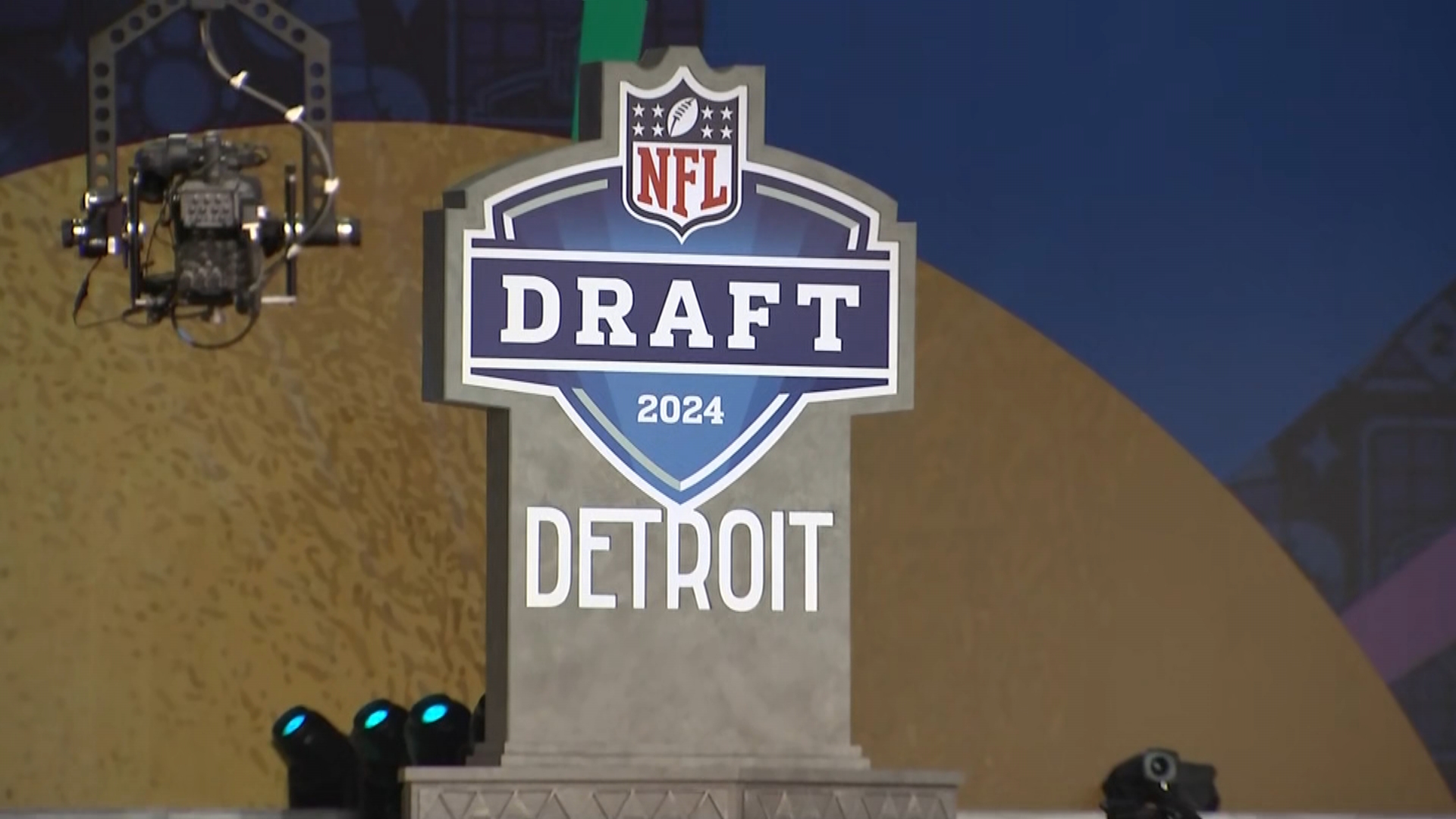As the state of Illinois and the city of Chicago prepare to receive the first doses of approved coronavirus vaccines in the coming days and weeks, public health officials say there are still no plans in place to mandate that residents receive the treatment.
Dr. Allison Arwady, director of the Chicago Department of Public Health, says that she “does not anticipate” that the vaccine will be required for city residents.
“We would not anticipate vaccine mandates in any setting,” she said. “I think time will tell as more vaccine becomes available on what decisions that have to be made in that regard.”
Arwady also said that she hopes that those healthcare workers and other first responders who will be first in line for the vaccine will take advantage of that availability.
“I’m very hopeful that we’ll see healthcare workers and others who get that early availability, and then essential workers, really taking advantage of the opportunity to protect themselves and their community. But this will be a choice that people will have, particularly early on,” she said.
State officials have said throughout the pandemic that a hypothetical vaccine for the virus would not be required by law. The first doses of vaccine could be delivered to city and state health officials within the coming weeks, and officials at all levels are still working out details on which individuals will be the first to receive the treatment when it becomes available.
At the state level, healthcare workers will likely be the first to receive the vaccine, with residents and staff in congregant settings, including assisted living facilities and nursing homes, likely next on the list if the state gets enough doses in the first wave of vaccines.
News
Illinois Gov. J.B. Pritzker says that the state is not planning to mandate that residents receive the vaccine, but echoed Arwady’s hopes that those individuals within groups that will receive the treatment first will elect to do so.
“There aren’t any mandates in place,” he said. “It’s certainly something that is always under discussion. What I know is that we’re going to be focusing on those populations that are most vulnerable, and also the people who treat the most vulnerable, and not just healthcare workers, but others who may work with the most vulnerable.”
Even without a mandate for a vaccine, health officials are encouraging as many residents as possible seek out and receive the injections. Individuals who have been immunized against the virus could still potentially spread it, meaning that in order for the vaccine to be effective, a majority of state residents will need to receive it.
Dr. Ngozi Ezike, director of the Illinois Department of Public Health, has previously said that in order to achieve proper “herd immunity” in the state, up to 80% or more of the population will need to receive the vaccine.



